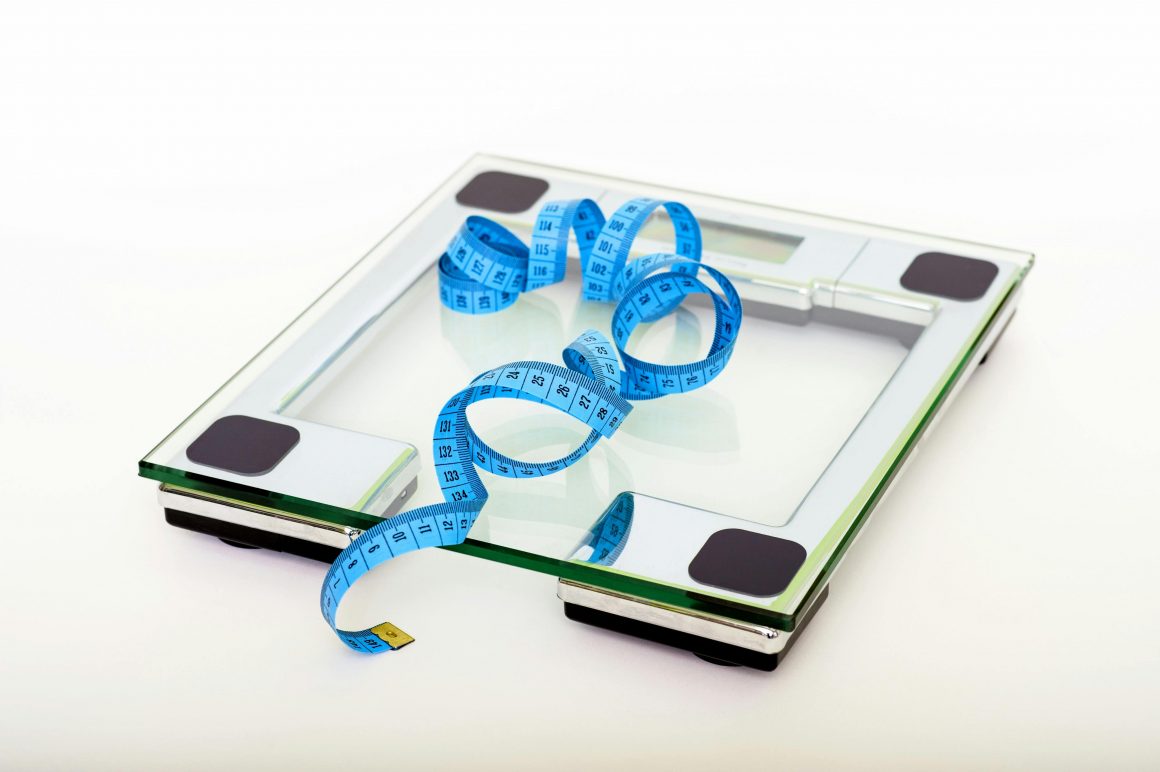
Embracing obesity as your brand: The fatal flaws of the fat acceptance movement
By Josie Simon, November 5 2024—
In today’s contentious social climate, the fat acceptance movement emerges as a controversial force, challenging norms and promoting body positivity. As someone who is obese, I appreciate its embrace of diversity, yet I can’t ignore the tension between celebrating this diversity and the undeniable health risks tied to obesity. The movement teeters on a double-edged sword between genuine empowerment and potential health denial.
The radical roots of the fat acceptance movement trace back to 1967 with Bill Fabrey’s establishment of the National Association to Advance Fat Acceptance. Today, influencers on platforms like TikTok continue to promote the cause through engaging and sometimes controversial online content. Plus-size model Jordan Underwood famously claimed that “intentional weight loss is not a body-positive act.” At the same time, Jae’lynn Chaney launched a campaign urging airlines to offer free extra seats to overweight passengers, targeting what she views as fatphobia in the travel industry.
These social media influencers are shaping the movement, seeking to rid the world of fatphobia while encouraging their fans to embrace all body types. However, in doing so, they risk minimizing the scientific realities linked to obesity.
Here is the uncomfortable but important truth: obesity is fatal. Conditions like heart disease, diabetes and some cancers are closely connected to obesity, contributing to countless preventable deaths each year. The movement inadvertently endangers individuals by glossing over these realities, failing to protect those it claims to champion.
Personal choice is pivotal in this discussion. Viewing obesity as an immutable condition strips individuals of the empowerment to make positive health decisions. True empowerment stems from knowledge and the ability to make informed choices that encourage well-being. While conditions like polycystic ovary syndrome (PCOS) present real challenges, everyone possesses the power to impact their health, and dismissing this truth fosters complacency, not courage.
Linking personal identity to weight compounds the issue, transforming valid critiques into perceived personal attacks. Events like “Fat Con” and the “Fat Joy” writing workshop illustrate how weight can become a central part of one’s identity. Merging health discussions with identity can unintentionally glamorize unhealthy behaviours as self-acceptance. Ironically, this weight-centric focus intensifies the very obsession with appearance that many seek to dismantle.
The era of sipping the Kool-Aid of false positivity that ignores vital health issues must end. Real acceptance builds upon scientific truths, embracing all facets of well-being, even the uncomfortable ones. By challenging existing norms with fearless authenticity, we ground empowerment in reality.
Facing the harsh truths about obesity requires decisive, informed action. Through an honest approach, the movement can genuinely uplift those it aims to support, transcending rhetoric to create a meaningful, lasting impact. The fat acceptance movement stands at a crossroads: will it choose a path of genuine empowerment or stay stuck in dangerous denial?
This article is a part of our Opinions section and does not necessarily reflect the views of the Gauntlet editorial board.
